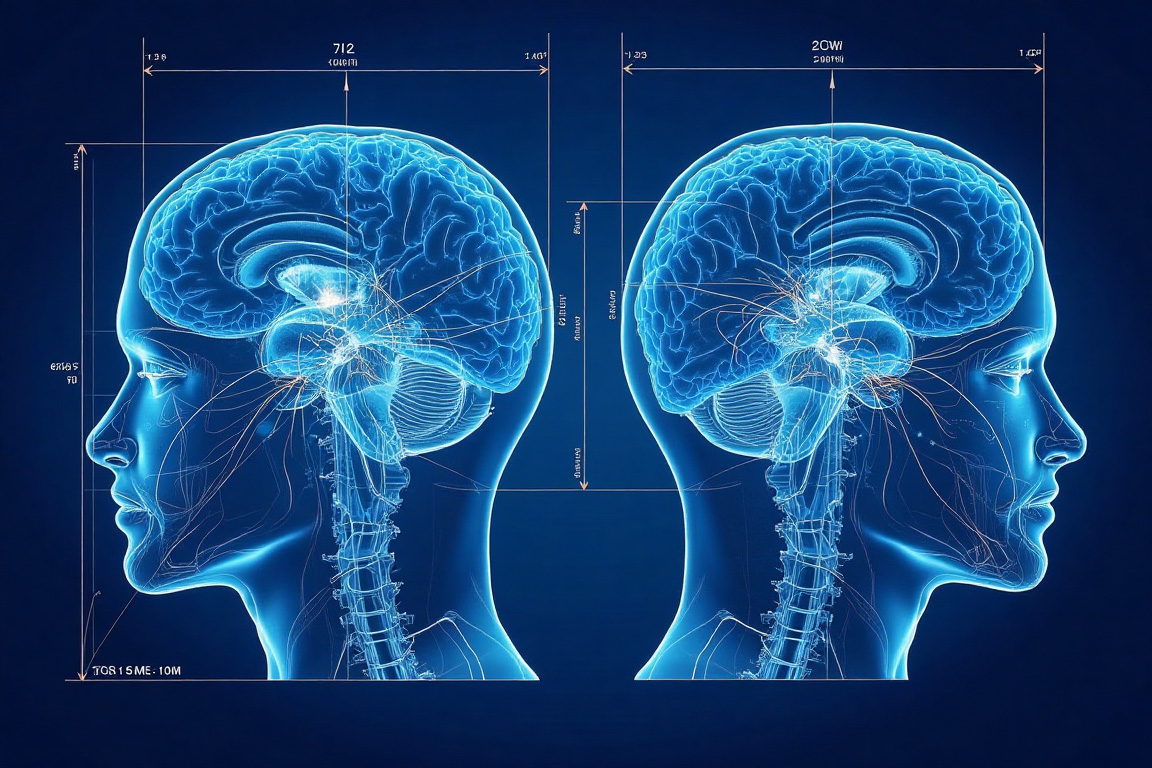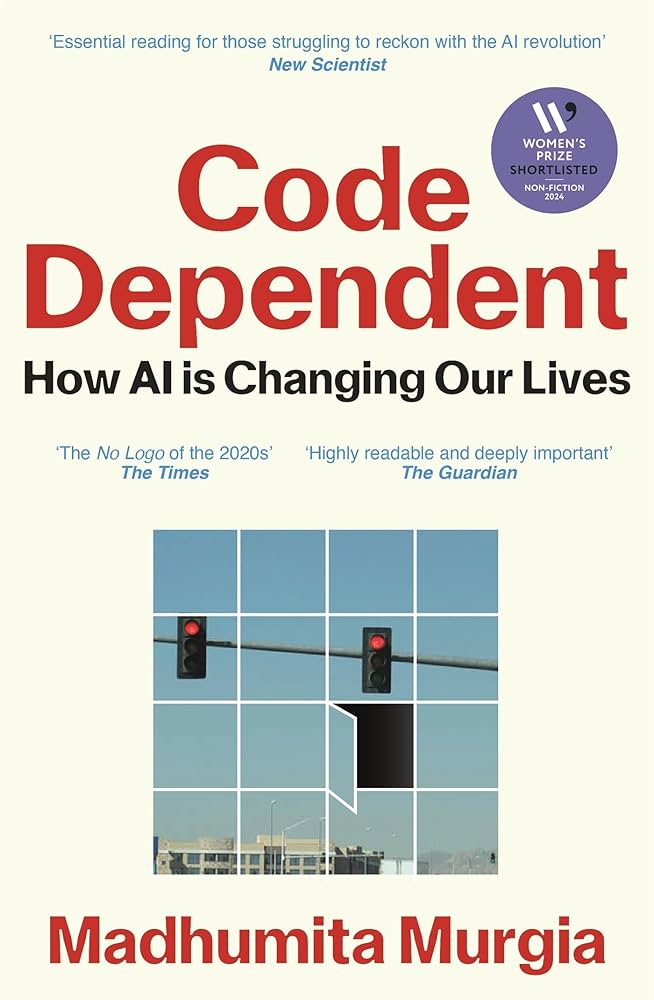Artificial intelligence, real lives
Published in paperback on March 6, Madhumita Murgia's Code Dependent: How AI is Changing Our Lives is a wide-ranging and highly readable account of the human cost of the AI revolution, and one which is particularly notable because it spans multiple countries and continents away from the usual focus of such texts on north America and northern Europe. Whether it is in Kenya, where Murgia's account begins, or India and China, Murgia reminds us that the Global South underpins much of what she calls elsewhere in her book "data colonialism".
Murgia's interest was sparked, as she writes in the introduction, during her time as a writer for Wired, and as the lead journalist on AI at the Financial Times her work is lucid, intelligently researched and always humane - although before long I felt that the device of the human interest story was a little overused, focusing a little too much on the personal when I wanted a slightly clearer structural analysis. That is not to say that Murgia does not provide this, but that as with any book that seeks to appeal to a wider interest, the socio-economic factors driving adoption of AI are sometimes stripped down a little too much.
Human stories
And yet the reason for this choice is clear, and much more than a simple editorial decision to provide a text for the general reader as opposed to the academic market. Murgia's elegant writing is one reason why this book was deservedly shortlisted for the 2024 Women's Prize, another being that it deals with a subject that is already having profound effects in different countries and at all levels of society. What is more, in every case it deals with the impact of AI by resolutely placing people at the centre of each topic, whether it is content moderation for AI models, deepfake pornography, or cyber surveillance in China.
Her model for this is extablished in the opening chapter, detailing the work of Ian Koli, an IT worker in Nairobi. Ian lives in the shanty city of Kibera - what Murgia calls "an undercity of a million people" - and works at Sama, a company which helps AI companies develop their large language models and tools for computer vision. Its web site explains, in typical, inelegant corporatese, that the company helps "you avoid unnecessary costs and delays by surfacing proactive insights and consistently delivering a 99% first batch acceptance rate for annotations", meaning that it is one of several such companies using armies of workers to tag images for training models. Murgia's account of Ian's story - and, indeed, those of so many of the people she interviews, is vivid and intimate, a rejection of bland corporate doublespeak or, indeed, the slop that tumbles from AI generated models all too easily.
While it's right to mock Sama's jargon, it is also important to note that the author observes that - in this case at least - the company is not a two-dimensional villain in the story, a simplistic dichotomy of man versus machine. Leila Janah, the founder of Sama, wanted to give digital work (and with it the better wages that came with higher status labour) to underprivileged people in Kenya and elsewhere. The grind of capital, however, is such that before long the moderators tagging images and data for use by companies such as Meta had to deal with graphic abuse and violent material. Rather like the west's approach to its physical waste, its moral waste became something to ship to places like Nairobi for them to dispose of.
The story of the human data workers underpinning the magical thinking of AI is one story that is beginning to be better known, and from this Murgia picks out a number of stories from around the world, such as Helen Mort, a victim of deepfake pornography living in Sheffield, Ashita Singh a doctor struggling to provide healthcare to two million people largely living in poverty in Nandurbar, or Maya Yang, an activist caught up in the digital dragnet of Chinese surveillance. These two latter examples offer polarised visions of the impact of AI on our lives: while most of the stories included in Code Dependent are at best depressing and at worst often frightening, Ashita Singh's work with an app produced by the Mumbai-based company Qure.ai shows the potential for such technology to provide better healthcare for the world. By contrast, the accounts of Chinese innovation in AI surveillance of Uyghurs is a vision of a dystopian hellscape that surpasses in fact any fictions found in George Orwell's 1984.
What's missing?
If people are an essential counterbalance to an inhumane application of AI technologies, than again and again Code Dependence shows that they are also the cause of such inhumanity. As one of her interviewees remarks: "The problem that we have is not the algorithms, but the humans." The speaker, Karl Rikanek, was a scientist working on early applications of machine vision who also, as an African American, was clear-sighted that such technology was not ready for a wider rollout in the hands of people who would willingly use it to further their own agendas of oppression.
Race has an incredibly important part to play in Code Dependent: to repeat an earlier observation made at the beginning of this review, the book is one of the few on the market which takes seriously the role of AI in the Global South, as well as among more disadvantaged groups in Europe and the USA. Data colonialism has very much left its mark. And yet, while Murgia does not at all neglect the role of surveillance and control as a primary use for AI when applied to (almost never by) the poor, class is much less clearly articulated than race or gender in the book, and this is the one aspect of Code Dependence that slightly frustrated me. Whether it is our commodity fetishism for shiny technologies fashioned in overcrowded slums, or the increasing powerless of the poor (in the USA as much as in Africa, Asia or South America) as the world's elites accumulate ever more, there were a few times when I wished that Madhumita Murgia would focus a little less on the personal stories of her subjects - important as they are - and provide a clearer view of the drive towards technofeudalism that has accelerated among some of the super rich since the financial crash of 2008. Despite this (which reflects more on me than it does on the author), what this book does offer is one of the best popular accounts of the economic, social and cultural impacts that AI is already having on us.


